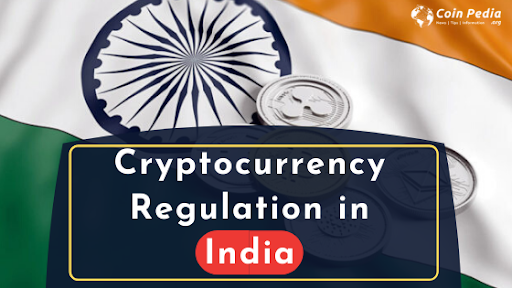India, a nation witnessing a burgeoning interest in cryptocurrencies, remains entangled in a web of unclear regulations. This lack of clarity is causing unease among investors and hindering the growth of the crypto industry within the country.

For years, the Indian government has taken a wait-and-see approach towards cryptocurrencies. While the Reserve Bank of India (RBI) has repeatedly expressed concerns about financial stability risks, a definitive regulatory framework is yet to be established.
In 2021, a proposed bill outlining a possible ban on private cryptocurrencies with the creation of a central bank digital currency (CBDC) sparked panic in the market. However, the bill’s fate remains uncertain, with talks of revisions and delays [India Today].
Further muddying the waters, the Indian government has taken a seemingly contradictory stance. Recent actions by the Financial Intelligence Unit India (FIU) highlight an effort to enforce Anti-Money Laundering (AML) and Counter-Financing of Terrorism (CFT) regulations on crypto exchanges operating in the country. This suggests a potential path towards regulation rather than a complete ban [Gadgets 360].
The lack of clear regulations poses significant challenges for investors and businesses alike. Uncertainty regarding the legality of crypto holdings discourages widespread adoption. Additionally, crypto exchanges struggle to operate efficiently without a defined regulatory framework.
This situation has also led to some international crypto players exiting the Indian market.
OKX, a major crypto exchange, recently announced restrictions on Indian user accounts, citing a need to comply with evolving regulations [Gadgets 360].
Experts believe a clear and well-defined regulatory framework is crucial for India to tap into the potential of the crypto industry. Such regulations could foster innovation, protect investors, and ensure the industry operates within a legal and transparent framework.
With the global crypto market evolving rapidly, the Indian government faces a critical decision. Will it embrace cryptocurrencies and establish regulations to govern their use, or will it continue on the path of uncertainty? Only time will tell how India chooses to navigate this complex and ever-changing landscape.













